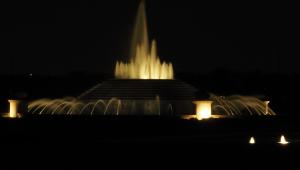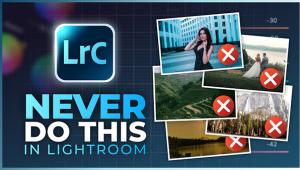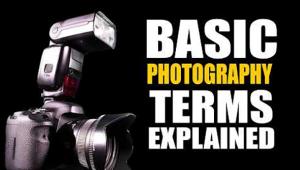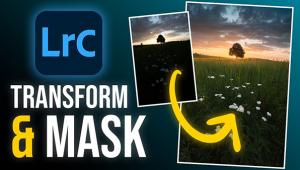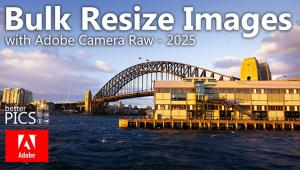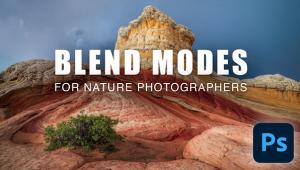More Than Megapixels; 10 Tips For Choosing Your Digital Camera
All Photos © 2004, Steve Bedell, All Rights Reserved
As a professional, I'm asked all the time, What's the best camera?
Of course, we all know that there is no "best camera" out there,
at least not yet, but there is one out there that's best for you. After
reading the info below, you'll be perfectly capable of making that decision.
The first question has not changed. It doesn't matter if you shoot film
or digital, for as long as I can remember the first question has always been,
"What kind of photos do you take?" Think about it. Would a person
whose main interest is taking pictures of their kids on holidays use the same
camera as a guy who wants to photograph NASCAR races? Probably not. And what
about the photographer who wants to take macro photos of flowers versus a scuba
enthusiast? Once again, these photographers with widely divergent tastes will
probably not be looking at the same camera. So once you've decided the
primary and possibly secondary use of your new camera, here's the areas
and specs that will help you make a good buying decision.
 |
|
|
1. Megapixels
Even though we're going to look beyond the obvious, this is a good place
to start. You've got to decide how much megapixel power you want. If you
strictly want to make slide shows, make small prints, and e-mail photos, a two-
or-three megapixel camera will be just fine for you. If you want higher quality
files for larger images, you'll need four- or-five megapixel horsepower.
And for really professional results, you may want more. As in anything in life
there is a price to pay in terms of cash, size, and weight. But once you've
decided upon the chip size, you are then free to look at other factors in your
search for the perfect camera.
2. Lens
The next thing I look at is the lens. The two critical aspects of lens choice
are zoom range and lens speed. Once again, expect to pay more for a fast lens
with a wide range. If you dislike using flash and prefer making pictures with
"available light," you'll want the fastest lens possible,
especially in digital where noise is most significant at ISOs over 200. If you're
just going to be using it on the beach in San Juan or the slopes of St. Moritz
or flashing pics at your two-year-old's party, speed's not an issue.
But if you want to take images as early and as late in the day as possible and
prefer a natural, window light look rather than flash, a high speed lens is
best.
Be careful when reading about the zoom range of lenses. Many cameras now sport
10x zoom lenses. You might think, "Great, I'll never need another
lens again!" And you may not--if you don't need a wide angle.
You see, many of those lenses start at 38mm and go to 380mm. (All focal lengths
mentioned in this article are 35mm equivalents.) That's a great range
to be sure, but it's not giving you a much wider field of view than a
"normal" lens. Great for long telephotos, not so hot for wide vistas
or those family shots during the holidays.
 |
|
|
3. Storage Media
If all storage media acts the same, why does it matter which one you use? If
you're buying your first digital camera, it probably doesn't. If
you've been shooting digital for some time though, you may already have
a small investment in digital cards. In this age of miniaturization, you may
also prefer one of the larger media cards, or might want to get a camera that
uses the same cards as those you already own.
4. Camera Size
I also don't like my cameras too little, since I feel they're sometimes
more difficult to hold steady, than something a little bigger. Maybe it's
because I cut my teeth on medium format film cameras, but you'll find
you have your own preferences, too. When choosing your camera, find the balance
of size and weight that you feel comfortable with. Look at how you carry the
camera, also. I don't like a neck strap on a point-and-shoot but I find
the wrist straps very convenient.
 |
|
|
5. Battery Size And Life
Ideally, all cameras would take the same batteries. For example, when I went
shopping for my point-and-shoot, I looked for a camera that took rechargeable
AA batteries. Why? Because I have about 10 sets of them that I already use in
my bigger cameras and flash units. No proprietary battery makes life easier.
You also want to look at battery life, or how many shots you may take before
the battery needs recharging. You can find approximate numbers from the camera
manufacturer's website but reading test reviews both in print and on line
will give you a more accurate idea of battery life in real world shooting conditions.



